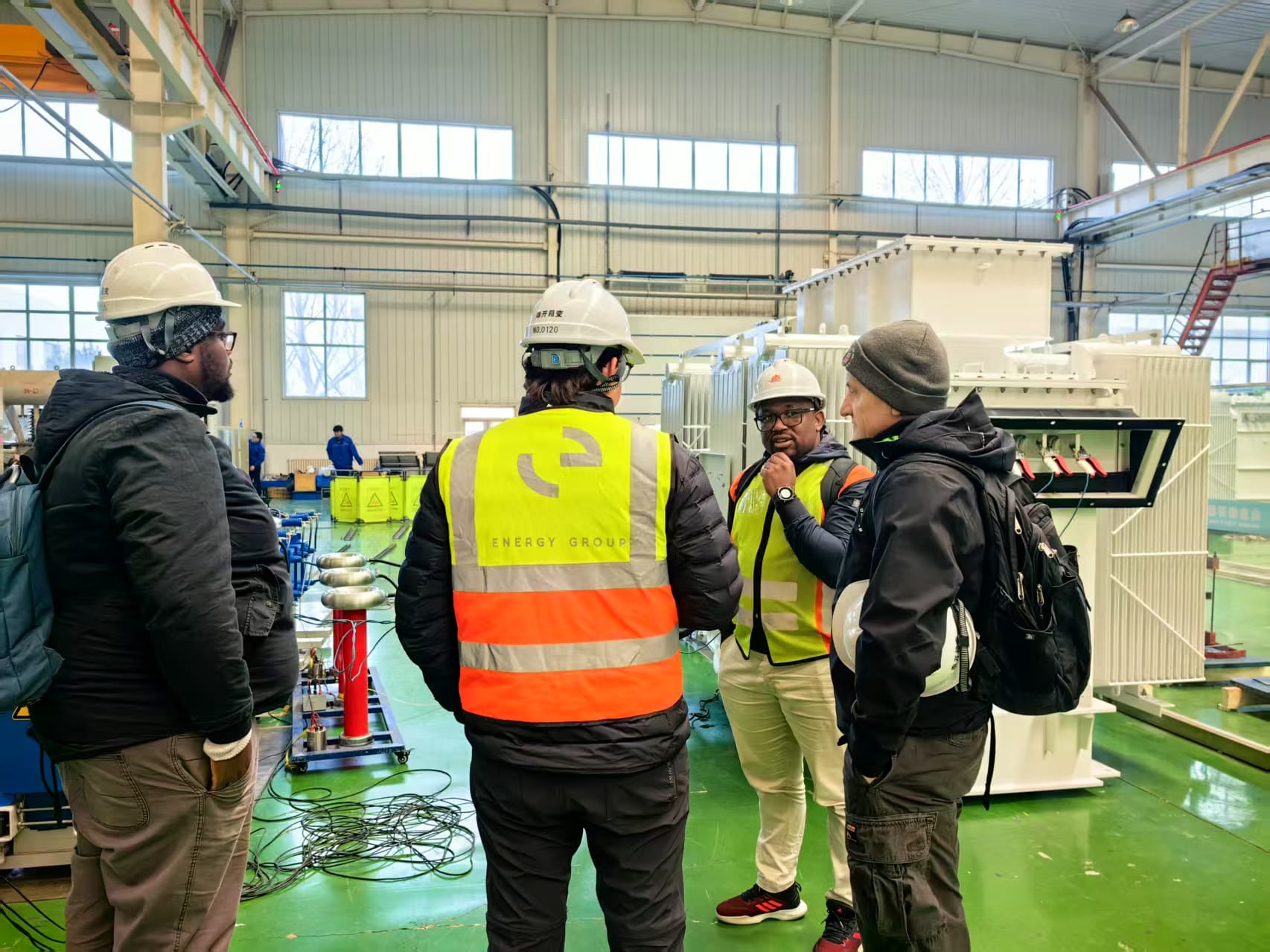A deeper look at Energy Group’s BESS vision, as featured in Engineering News
As South Africa’s energy system navigates the dual challenges of loadshedding and renewable integration, we are actively developing and deploying Battery Energy Storage Systems (BESS) to enhance grid reliability, optimise energy use, and unlock economic value for large power users.
As Jason Fairhurst, one of our Senior Managers, stated: “South Africa’s grid is under pressure. And as more renewable energy is added, it’s essential to manage the timing of energy dispatch to ensure stability and optimal use.”
Why BESS Matters Now More Than Ever
With grid conditions strained and electricity costs rising, BESS is rapidly becoming a cornerstone of modern energy systems. It enables a range of value-adding applications:
- Energy Arbitrage: Charge batteries when power is abundant and cheap; discharge during peak demand when tariffs spike.
- Grid Stability: Support frequency response and load balancing to maintain power quality.
- Backup Resilience: Provide critical power during loadshedding and outages, reducing reliance on diesel generators.
- Renewable Integration: Store intermittent solar and wind energy for use when generation dips or demand surges.
- Cost Efficiency: Help businesses avoid peak charges and benefit from tariff differentials – especially under Eskom’s new Retail Tariff Plan (RTP).
A Technology Whose Time Has Come
Historically, high capital costs made large-scale storage a difficult sell. But the landscape has shifted:
- BESS costs have fallen by nearly 50% year-on-year over the past two years.
- The widening gap between peak and off-peak tariffs has made energy arbitrage increasingly attractive.
- Eskom’s RTP further incentivises load-shifting and time-based consumption patterns.
Practical, Scalable Solutions
Current offerings include compact 5 MWh BESS units in 20-foot containers—quick to install, space-efficient, and capable of powering a typical household for up to 200 days on a single charge (for illustration purposes). These systems require minimal civil works and deliver immediate benefits for large-scale users.
They can also support grid restarts during major outages and will play a critical role in stabilising power frequency – hopefully these capabilities will become increasingly rewarded as South Africa’s grid services remuneration framework evolves (as experienced in other more developed countries).
Tackling Barriers to Scale
Despite the compelling case, we acknowledge ongoing challenges, including regulatory uncertainty, high upfront costs, and grid connection delays.
To address these challenges, we are actively:
- Engaging with regulators to clarify revenue streams for grid services;
- Developing innovative financing models; and
- Advocating for streamlined grid access procedures.
Final Word
“The era of large-scale batteries is here,” says Fairhurst. “This is a critical component in unlocking firm, sustainable, and renewable energy – along with real economic opportunity for all energy users.”
We’re proud to be building storage solutions that not only meet today’s energy challenges but also help shape a smarter, more resilient future for South Africa.
📩 Want to explore BESS for your operations?
Let’s talk: jason@engp.co.za




